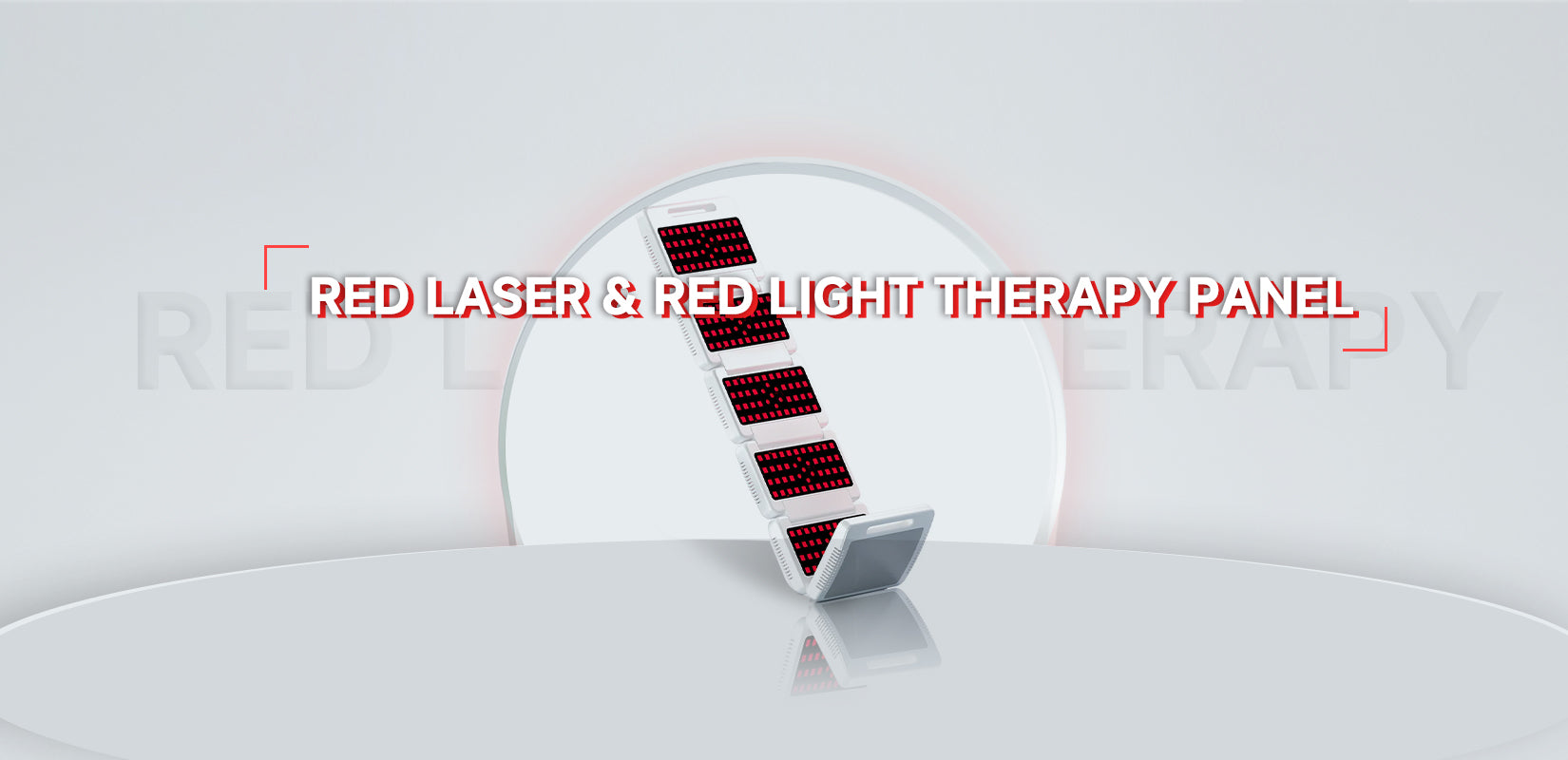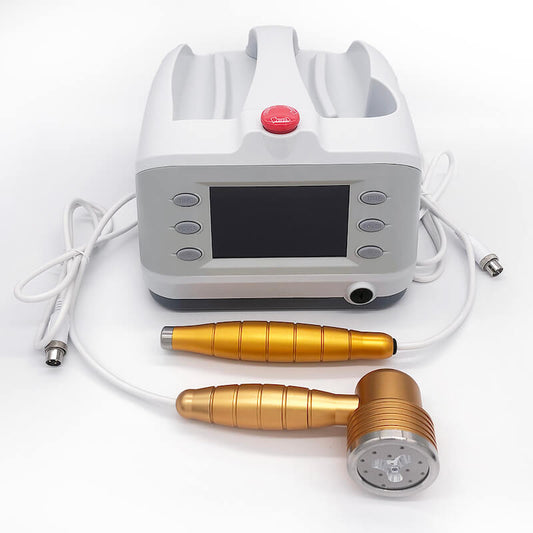Laser therapy is also called photobiomodulation (PBM therapy), cold laser, low-intensity laser, or deep tissue laser therapy. Cold laser therapy devices can treat different problems, depending on the wavelength used. From addressing the basic needs of wound care to offering advanced solutions in cosmetic irradiation, these devices are versatile and can cater to a range of medical requirements. These devices can be used in a clinical setting to address different health concerns. Domer Laser is dedicated to supplying affordable, effective, professional, and quality laser therapy devices to clients.
How does laser therapy work?
Laser therapy is a non-invasive medical approach employing low-level laser light to kickstart cellular activity, aiming to alleviate pain and hasten the healing process. By penetrating the skin, the laser light engages with cells, giving a boost to energy production (ATP). Laser therapy's ability to have a positive effect on cellular activity makes it a valuable tool in supporting patients dealing with pain or undergoing recovery. This, in turn, amps up blood flow, curtails inflammation, and lends a helping hand to tissue repair.
In summary, laser therapy's ability to harness the power of low-level laser light for targeted irradiation makes it a versatile tool for promoting cellular activity, aiding in pain relief, and supporting the recovery of various conditions.
Is laser therapy safe?
Absolutely. Laser therapy is generally regarded as safe when applied correctly under the supervision of skilled healthcare professionals. It offers a non-invasive and drug-free approach, and when administered by qualified practitioners, it typically comes with minimal risk of side effects.
As with any medical procedure, it's recommended to consult with healthcare professionals, and reputable institutions like the Mayo Clinic or follow guidelines from organizations like the American Cancer Society and gov to ensure the safe and effective application of laser therapy, minimizing potential risks
What conditions can laser therapy treat?
Laser therapy offers relief for a range of conditions, addressing issues like chronic pain, arthritis, soft tissue injuries, and inflammation-related concerns. Individuals grappling with chronic pain can find relief through laser therapy, which employs focused irradiation to support tissue repair and alleviate inflammation. The therapy's ability to improve energy production in cells plays a crucial role in enhancing the recovery process for soft tissue injuries. Laser therapy may be utilized to help manage symptoms and provide support for patients seeking alternatives to traditional treatments
What is the difference between laser therapy and cold laser therapy?
Both laser therapy and cold laser therapy harness laser light for therapeutic benefits, but they differ in their applications and intensity. Cold laser therapy, specifically known as low-level laser therapy (LLLT), employs low-intensity lasers for therapeutic effects. Laser therapy, in a broader sense, covers various laser applications in medicine, encompassing treatments that might involve the use of higher-intensity lasers for specific medical purposes.
Are there specific devices for laser therapy?
Yes, specialized Therapy Lasers are designed for medical and rehabilitation purposes. These devices are crafted to provide targeted and effective treatment and deliver the appropriate intensity, wavelength, and duration of laser light required for therapeutic effects. These devices often come in various forms, ranging from handheld lasers for localized treatments to larger units suitable for broader applications. They are equipped with adjustable settings, allowing healthcare professionals to tailor the treatment to specific conditions and individual needs
Specific laser therapy devices may be designed for particular medical disciplines, such as physiotherapy, chiropractic care, or veterinary medicine. This specialization ensures that the device meets the unique requirements of the intended therapeutic application.
How long does a laser therapy session take?
Session duration varies, but treatments are typically short, ranging from a few minutes to around 30 minutes, depending on the condition and the area being treated
How soon can one experience results with the cold laser therapy device?
Results vary, but some individuals report improvement after a few sessions. Long-term benefits often accumulate with multiple treatments.
Can laser therapy be used for both chronic and acute conditions?
Yes, laser therapy is versatile and can be effective for both chronic issues, such as arthritis, and acute conditions, like sports injuries
Is laser therapy suitable for pets?
Absolutely! Laser therapy isn't just for humans; it's widely used in veterinary care. If your furry friend, such as a dog, is grappling with issues like arthritis, joint pain, or post-surgery discomfort, laser therapy offers a gentle, non-invasive, and drug-free way to ease their discomfort















